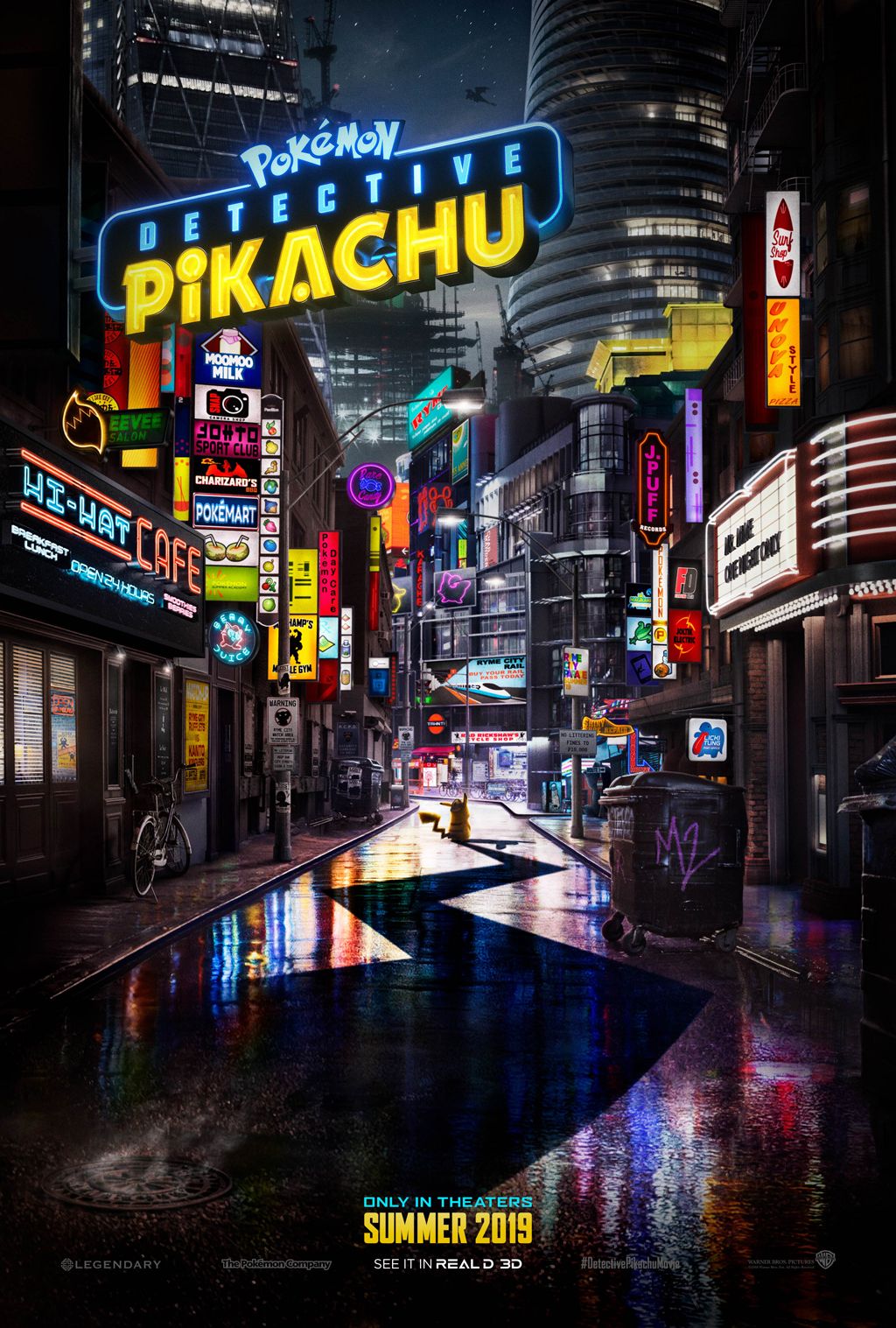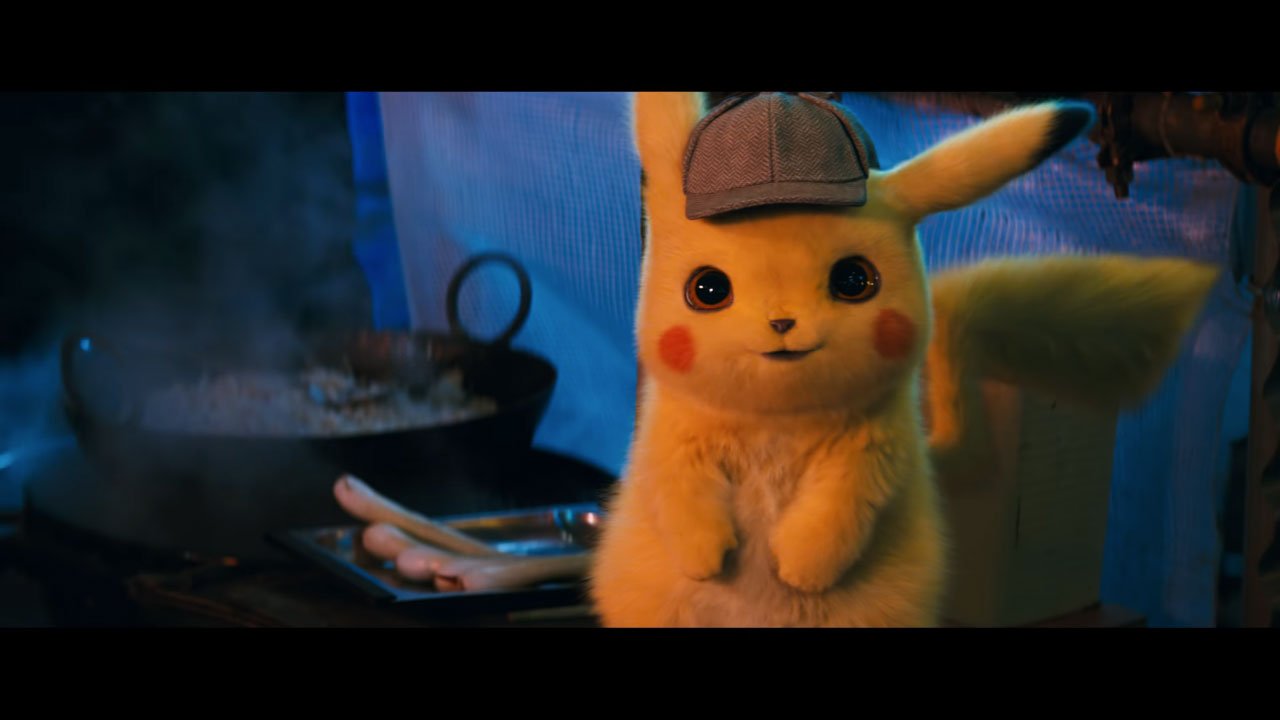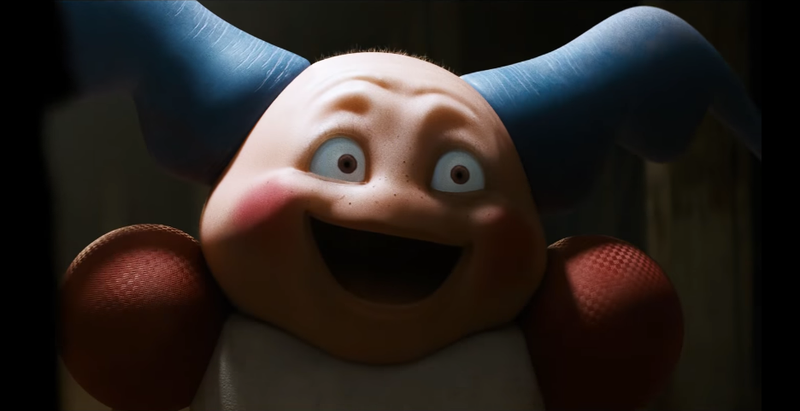
Which is actually a bit strange when you take a step back and think about it. Code Geass may take place in a a world with a very different history from our own -- with the first major known point of divergence being Benjamin Franklin staying loyal to Great Britain and helping crush the American Revolution, but that's not actually important -- but the setting itself isn't a major focus of the story. If anything, the alternate history gimmick is just an excuse to have a world ruled by a handful of super nations and mech battles.
Not that I'm complaining. That sounds rad as hell. It's just interesting that the minor detail of an alternate history that was ignored more often than explained is what I latched onto when I first watched Code Geass in high school.
But whatever. I still think Code Geass is great, and I thought it'd be fun to go back and take a look at what this show is all about. The show takes place on an alternate Earth that has all the nations of the world divided between three super powers: the totalitarian Holy Britannian Empire, the communist Chinese Federation, and the democratic European Universe. When a super fantasy mineral is found in Japan, Britannia invades and conquers the formerly independent nation in just one year. This incredible feat is made possible with the introduction of the Knightmare Frame, the world's first ever mech. And it isn't even Japanese! And so, the multiverse's only giant robot-less Japan is conquered and renamed Area Eleven
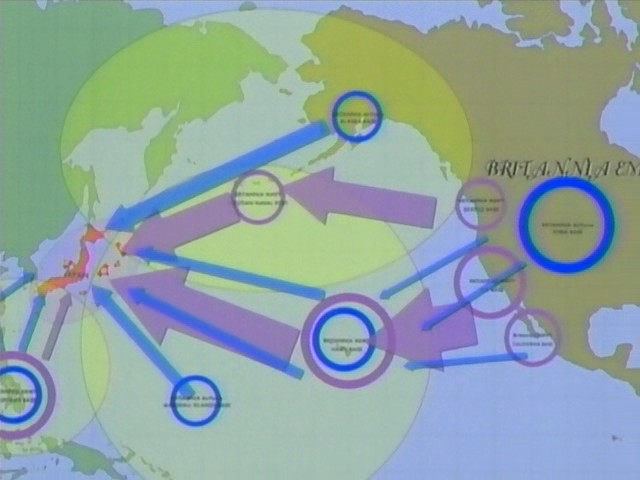 |
| Yes, they have their own maps that look like history textbooks. It's awesome. |
This is all just backstory, by the way. The actual story of Code Geass focuses on events that transpire seven years after the invasion. Our protagonist is Lelouch vi Britannia, an exiled Britannian prince who co-opts a Japanese resistance movement and launches a campaign of revenge against his father the emperor, who allowed his mother to be assassinated and exiled him and his crippled sister to Japan before invading shortly afterward, under the alias of the masked hero Zero. At the same time, his best friend Suzaku Kururugi, the son of Japan's last prime minister (now deceased), has enlisted in the Britannian army with the goal of rising to a position of authority from which he can effect social reforms on behalf of the Japanese without resorting to illegal or violent means.
 |
| Left: Suzaku. Right: Lelouch. |
Naturally, Lelouch and Suzaku are on opposite sides of this conflict, and thus fight against each other all the time, even after each eventually learns that his friend and enemy is one and the same. And as I'm sure you can imagine, the drama that results from our main characters each fighting for the side that ironically does not match his ethnic identity and against the one person he trusts more than anyone else writes itself.
But you might be wondering: "How could a teenager like Lelouch take over a militarized rebel group when he is just a teenager?" After all, most adult soldiers wouldn't take marching orders from a 17 year old kid, and even if he did reveal his status as a prince, that would only make him an enemy in their eyes. And who would trust some random guy they never met in a mask? Logically, it shouldn't work. Well, this hypothetical discrepancy only exists in your mind because I conveniently left out a key detail about Lelouch's story up to this point. Because when he gets mixed up in a terror attack carried out by the rebels in the first episode, Lelouch stumbles upon the immortal girl CC, who was the subject of experiments for the empire. CC forms a contract with Lelouch: if he can make her wish come true, she will give him the power of Geass, which allows him to compel his target to obey any one order that he gives them. Through a combination of clever application of this power and a gifted tactical mind, Lelouch is able to ingratiate himself with the rebels and form the revolutionary army known as the Black Knights.
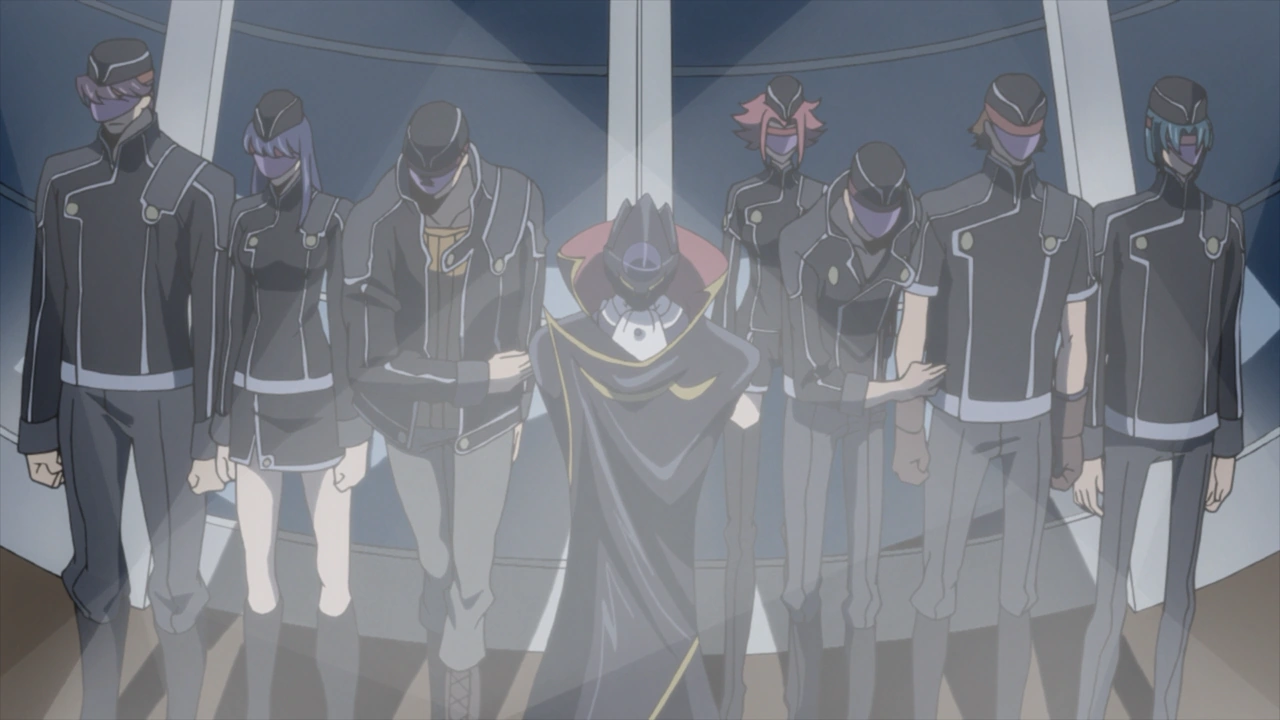 |
| In case you're wondering, Lelouch is the one in the middle with the cape. |
So, now we understand the basic appeal of Code Geass. It's like Death Note if Light and L decided to forgo the psychological chess matches and just slugged it out in Mobile Suits instead. What's not to love? And it only gets better the more we learn about Lelouch and Suzaku as characters. Lelouch straddles the line between hero and villain. He is ruthless in pursuit of his revenge, a truly selfish goal, and he treats other people as pawns. Yet he is also intensely loyal to his friends and his sister, and he feels genuinely outraged at Britannia's cruel and racist practices. He even occasionally fights for Japan even when it runs counter to his own personal goals. He is intelligent and pragmatic, yet emotional and impulsive. He is both humble and arrogant. And even with him regularly providing an internal monologue, there is always an air of ambiguity about him. You never know exactly what is going through his head or what he is going to do next, but everything he does stays consistent with his own established internal logic. It makes for a fascinating character who you can grow to apreciate more and more with every rewatch.
Next to Lelouch, Suzaku looks as paper-thin and simplistic as a Saturday morning cartoon character. He wants to help the Japanese, but he disapproves of Zero's violent and unlawful message. A typically boring do-gooder, right? Wrong. Because while Suzaku may think he subscribes to the principles that he preaches, the truth is far darker and far more interesting. See, Suzaku did something -- which I'm not going to spoil -- that he deeply regrets. And while he claims that this act is what informed his straight-laced attitude, the fact remains that he faced no punishment for this transgression, and that greatly disturbs him. He feels like he should have been punished for what he did, and so he chose his current path as a self-imposed penance. And this is why his morals are so inflexible: not because he truly believes that he is right, but because he doesn't see any other possibility. No matter how much he might want to flaunt the law and work with Zero to improve the situation for the Japanese, he can't because it would pull him further into what he views as irredeemable villainy.
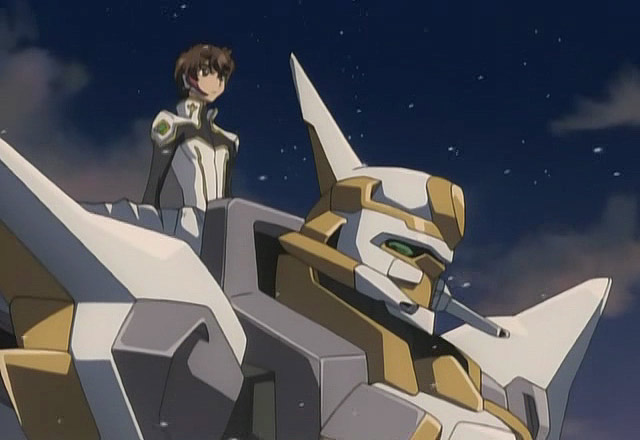
So, this is where our characters start. But then, something changes for both Lelouch and Suzaku. Again, I don't want to spoil any specifics right now, but events at the end of the first season fundamentally challenge their worldviews. Lelouch eventually accepts that his crusade has grown bigger than his own personal vendetta, and starts to accept the responsibility that comes with it. But only after going to a VERY dark place.
Suzaku, on the other hand, is confronted head on with the inherent contradiction of trying to help an oppressed people while acting as a weapon for the oppressors. And, to be blunt, he crumbles. All he has left is the military at this point, so he desperately grabs for more and more power, hoping to get to the point where he can suck up to the emperor enough and get Japan as his own little puppet state. So, his answer to the question of: "How do you free the Japanese from a dictatorship?" is now "Establish myself as a benevolent dictator instead." And he still wants to minimize the body count as much as possible. And, yes, that contradiction is addressed and confronted head on. And the results are, memorable to say the least.

I've been talking solely about character drama and themes up to this point, and it's gotten pretty heavy. But I don't want to make you think that the entire show is just all heavy drama all the time. That would get to be too much to handle too quickly, and the truly great moments would lose their impact. So the exciting mech battles, thrilling plot twists, and tense moments of scheming are broken up with comedy-focused scenes of Lelouch and Suzaku (as well as a few other key players) posing as ordinary high school students, because it isn't anime if you don't have a high school setting!
When I first watched these scenes as a 16 year old idiot, I HATED them. I didn't care about a school festival when there's a mech powered civil war with supernatural influences happening! Why would the show waste my time like this!?
 |
| It almost looks like a completely different show. And only one of these characters doesn't get directly mixed up in the war. |
But it wasn't a waste of time. The entire narrative of Code Geass hinges on the friendship between Lelouch and Suzaku, and the dramatic irony of these two best friends -- each the only one who can truly understand the other -- being cast as mortal enemies by the whims of fate. That conflict cannot be believable without committing time to establish and develop that kind of friendship. The dramatic scenes of these two two friends holding each other at gun point don't work without the scenes of them just hanging out together. And even when they each learn who their enemy actually is, they can't not let their guard down and enjoy each other's company, even if it is just for the sake of deception. More than the flashbacks and the speeches, the high school "filler" scenes are what make the tragedy at the center of Code Geass really work.
With all of this praise, you would be forgiven for assuming I have nothing negative to say. But that is not the case. I haven't seen a single anime that I don't have problems with, and Code Geass is no exception. See, Code Geass is, above all else, a melodrama. Every scene is super exaggerated for dramatic effect, and while it usually works, some scenes go too far and just become silly. The emperor's stupid wig comes to mind.
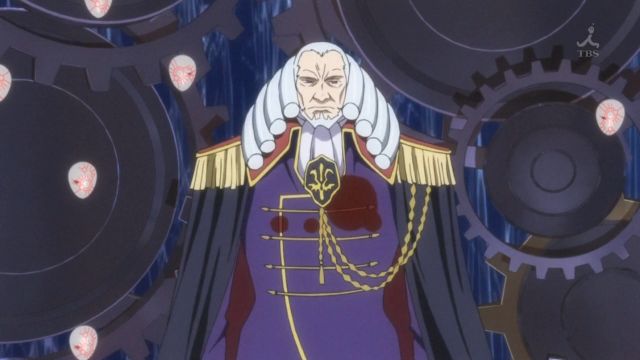 |
| Never before has Social Darwinism looked so fabulous. |
This is a problem I have with a lot of anime in general, especially after watching Angolmois this year and seeing all sorts of different Asian ethnicities actually drawn differently from each other. And it's not like Code Geass is incapable of this. General Tohdoh looks hella Japanese, but Suzaku and several of the core Black Knights look just like the Britannians. I mean, if the show hinges on a foreign race oppressing the Japanese, shouldn't the two groups look physically distinct from each other?
This is a minor complaint about character design in comparison, but I hate their arms and legs. Character designs were handled by CLAMP, the group that created Cardcaptor Sakura. And boy, does it show with all the noodle arms and toothpick legs on display. I get that this is just a complaint about art style, so your mileage may vary, but I find it very unappealing.
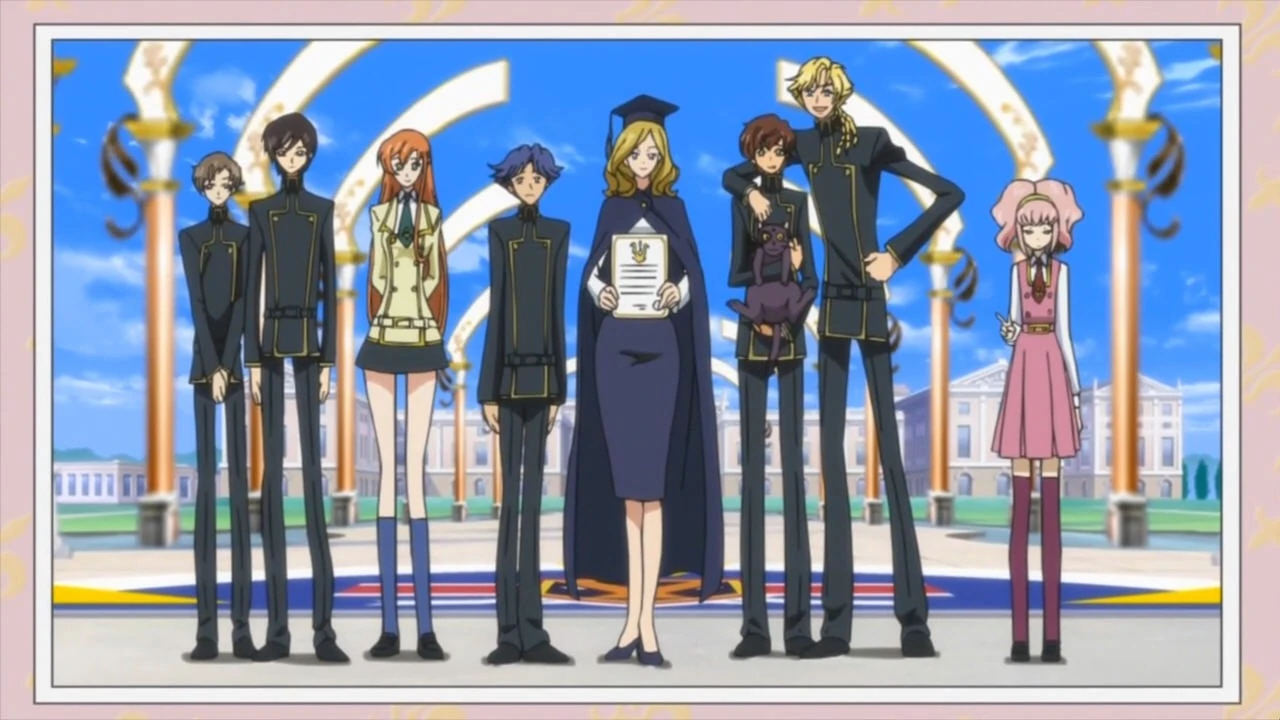 |
| Just look at their legs! They're so damn skinny and they go on FOREVER! |
I have one other complaint, and it's a pretty big one. But surprisingly, it isn't the fault of anyone involved in the production. The first season of Code Geass didn't exactly inspire any faith in Studio Sunrise, and it was aired rather late at night as a result. So when it surprised everyone and got popular, Sunrise, naturally, decided to cash in and move the show to a primetime slot for season 2. Now the team had to, essentially, start everything from scratch in order to ease in their new viewers while still appealing their longtime fans after the first season cliffhanger. The result is a weirdly paced, occasionally nonsensical, mess, where plot points are randomly dropped and whole storylines become super rushed. I still love season 2, as it has a lot of payoff for Lelouch and Suzaku's character arcs, but it does still suffer because of this. Though, I must say, all of the weird pacing issues are worth it for that incredible finale.
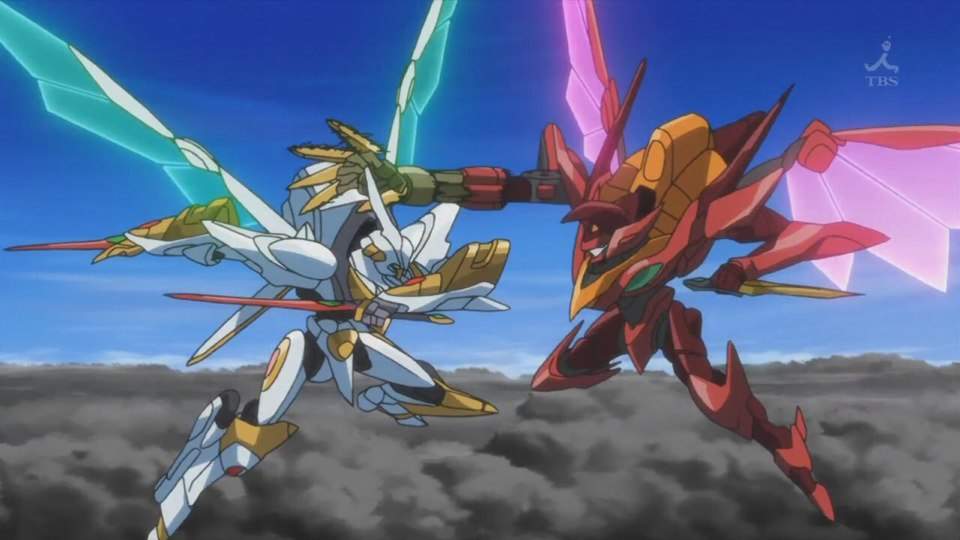 |
| No, this isn't a spoiler from the finale. It just looks cool. |
Code Geass is a show that is near and dear to my heart. Part of that is definitely due to the timing of when I discovered it -- 16 years old is the perfect age for a show that explores the philosophies and moralities of pragmatism versus nonviolence when fighting against oppression -- and part of it is undoubtedly due to nostalgia. But I have rewatched this show 9 times and each time I have found something new to love, and I've only focused on one of the many things going on in its story today. Code Geass may not be perfect, but I think that it has more than earned its status as one of my absolute favorite anime of all time.















